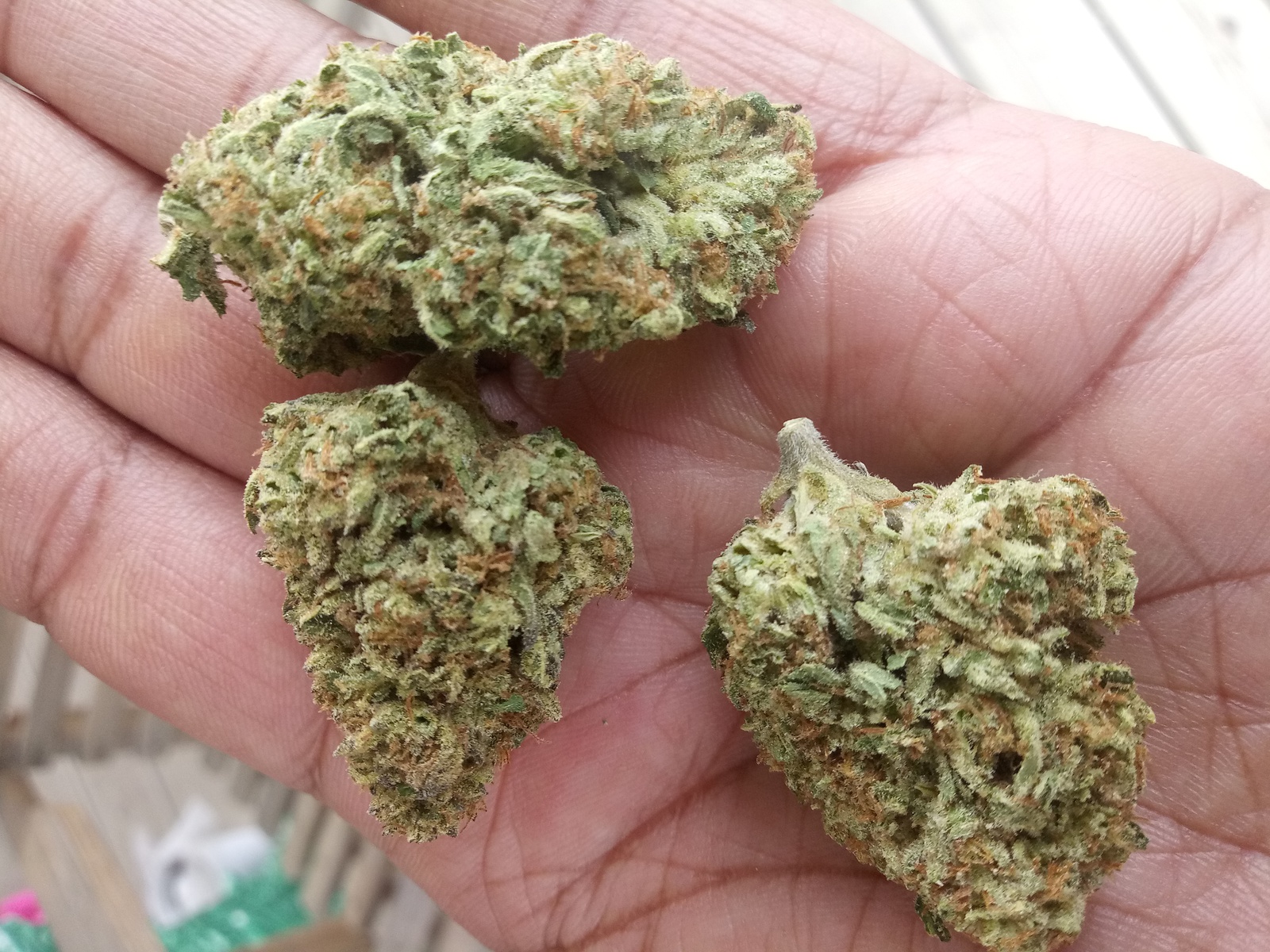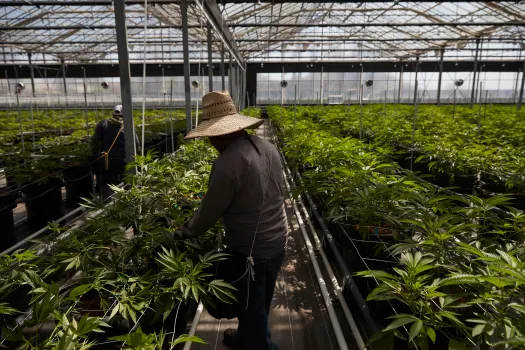Sleep, an essential pillar of overall health and wellbeing, is a topic of growing interest in relation to cannabis. With a reputation for inducing relaxation, some individuals turn to cannabis Smoke as a potential aid for sleep-related issues. While cannabis’s impact on sleep is complex and varies from person to person, research is shedding light on its potential benefits and considerations.
Cannabis’s interaction with sleep is influenced by its complex mix of compounds, particularly cannabinoids like THC and CBD. THC, known for its psychoactive effects, has been linked to sedation and relaxation, which can aid in falling asleep. However, it’s important to note that THC might also suppress REM (rapid eye movement) sleep, a phase crucial for dreams and overall sleep quality.
CBD, on the other hand, has gained attention for its potential to promote relaxation without the intoxicating effects of THC. Some individuals use CBD to reduce anxiety and stress, which can contribute to better sleep. Additionally, CBD might counteract some of the negative effects of THC on REM sleep, potentially leading to a more balanced sleep experience.
The effects of cannabis on sleep are influenced by factors such as dosage, strain, individual tolerance, and timing of consumption. For some, a small dose of cannabis before bedtime might induce relaxation and help with sleep onset. However, higher doses or the wrong strain can lead to grogginess the next day, disrupting the sleep-wake cycle.
Moreover, tolerance and dependency are important considerations. Regular cannabis use might lead to a decreased effectiveness in aiding sleep, and abruptly stopping use can result in withdrawal symptoms that include sleep disturbances.
Sleep disorders like insomnia, sleep apnea, and restless leg syndrome are complex issues that might benefit from the therapeutic potential of cannabis. However, consultation with a healthcare professional is crucial to determine whether cannabis is a suitable option and to create an individualized approach to manage sleep-related concerns.
It’s important to emphasize that cannabis should not be viewed as a definitive solution for sleep issues. Lifestyle factors, sleep hygiene, and addressing the root causes of sleep disturbances are all integral to achieving restorative sleep.
As cannabis legalization spreads, researchers are gaining a better understanding of its impact on sleep. Strains and products formulated specifically for sleep are becoming available, incorporating precise ratios of cannabinoids and terpenes to target sleep-related concerns. However, responsible use and informed decisions remain paramount.
In the realm of cannabis and sleep, the individual experience varies. Some find that cannabis can be a helpful tool to promote relaxation and better sleep, while others might experience adverse effects. By approaching cannabis with mindfulness, awareness of individual needs, and open communication with healthcare professionals, individuals can navigate its potential benefits and limitations in the pursuit of restful and rejuvenating sleep.



